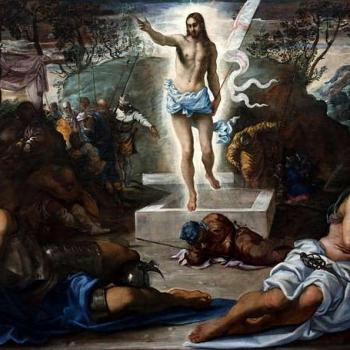Rod Dreher is reading The Odyssey with his son. He is finding that it ties right into his life. Homer’s epic is about Odysseus coming home. Which is not the same as staying at home.
Odysseus had to go to Troy, but after his business was concluded there, he had to go back home to Ithaca. The goddess Calypso detained him. He spent all his time in her company, enjoying all the comforts of life with a beautiful goddess, including, Homer tells us, lovemaking every night. And yet, when he wasn’t with her, he wept for home. He wanted to be home so badly that he refused immortality. Better to die at home than to live forever in wealth, comfort, and pleasure. If he stayed with Calypso, he would be untrue to himself, to his nature.
You can well imagine why this story appeals to me in a particular way. My Greek friend Dimitra told me that my moving back to my birthplace is what Greeks call a nostos, or homecoming. (That’s the root of our word “nostalgia.”) The Odyssey is a nostos epic, of course, but not everyone has the same nostos. The first four books of The Odyssey concern Telemachus, the son of Odysseus, and how he has to leave Ithaca to find his father, and in so doing find his way to manhood. His way “home” requires him to leave home for a time — to separate himself from his mother and his palace and all that he knows, and go out into the world searching. He cannot be a man unless he does this. I mean, it’s clear that if Telemachus takes the comfortable route, the route of least resistance, and stays at home, he will have failed.












